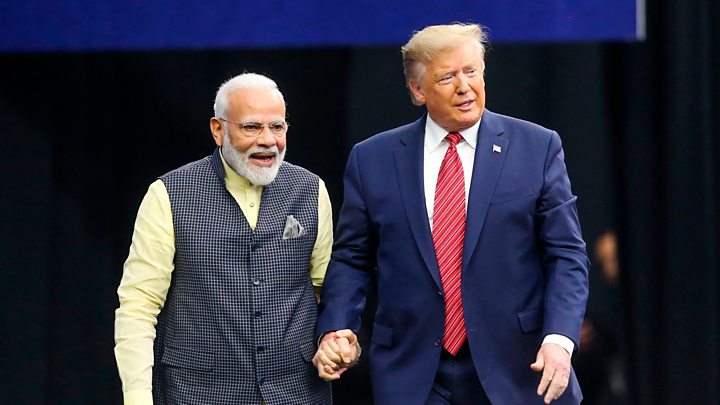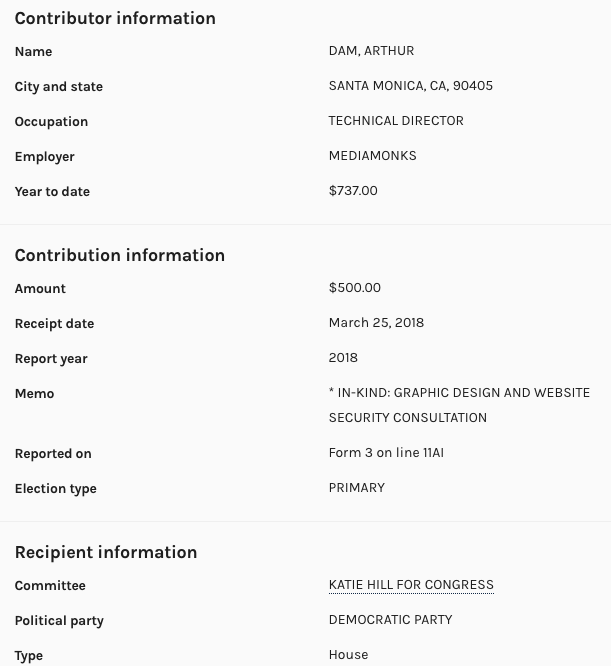From July to September last year, Customs and Border Patrol in that 3 month period seized 1061 shipments of counterfeit goods at our cargo ports of entry. Items from Louis Vuitton bags to sports equipment with faulty parts. Other items included children’s toys, drug paraphernalia, deadly opioids, and really scary were (are) counterfeit drivers’ licenses. Recreational drugs, clothing, jewelry and even food and nutritional items (may contain toxins) are part of the counterfeit items affecting likely every American and business.

Unlike legitimate drug manufacturers that are subject to inspections by the U.S. Food and Drug Administration, labs that manufacture counterfeits have no such oversight. According to a 2019 Better Business Bureau study, “companies based in China, Hong Kong, Singapore, and India shipped 97 percent of the counterfeit medicines seized in the U.S.”In March 2019, Europol, the European Union’s law enforcement agency, seized 13 million doses of counterfeit medicine ranging from opioids to heart medication. Europol noted that this type of counterfeiting is on the rise due to the relatively low risk of criminal detection.
Check those items in retail operations of all sorts and locations and what you purchase in the e-commerce realm, not the from the street vendor at the corner and when purchasing books, movies or music, you could be in real trouble for a transaction that violates copyright protected work.

Watches and jewelry follow at 13 percent of total seizures. During the Mega Flex operation on August 21, 2019, for example, CBP officers seized counterfeit Rolex watches valued at over $1.4 million. Handbags and wallets represented nearly 11 percent of all seizures, including counterfeits of luxury brands such as Louis Vuitton, Michael Kors, and Gucci. Consumer electronicsrepresented 10 percent of seizures, including products such as iPhones, hover boards, earbuds, microchips, and others. Pharmaceuticals and personal care items account for only 7 percent of total seizures. However, as discussed in the next section, many of the products in these categories pose significant dangers to the consumer. Fake prescription drugs can lack active ingredients, contain incorrect dosages, or include dangerous additives. Fake personal care items such as cosmetics have been found to contain everything from harmful bacteria to human waste. Between 2017 and 2018, CBP and ICE Homeland Security Investigations (HSI) seized over $31 million in fake perfumes from China.
Law enforcement officials have uncovered intricate links between the sale of counterfeit goods and transnational organized crime. A study by the Better Business Bureau notes that the financial operations supporting counterfeit goods typically require central coordination, making these activities attractive for organized crime, with groups such as the Mafia and the Japanese Yakuza heavily involved. Criminal organizations use coerced and child labor to manufacture and sell counterfeit goods. In some cases, the proceeds from counterfeit sales may be supporting terrorism and dictatorships throughout the world.
In FY 2018, 12 percent of DHS seizures included counterfeit versions of critical technological components, automotive and aerospace parts, batteries, and machinery. Each of these industrial sectors have been identified as critical to the defense industrial base, and thus critical to national security. One example drawn from a 2018 study by the Bureau of Industry and Security within the Department of Commerce featured the import of counterfeit semiconductors or “Trojan chips” for use in defense manufacturing and operations. Such Trojan chips can carry viruses or malware that infiltrate and weaken American national security. The problem of counterfeit chips has become so pervasive that the Department of Defense has referred to it as an “invasion.” Companies from China are the primary producers of counterfeit electronics.
According to a 2019 report, Instagram and Counterfeiting, nearly 20 percent of the posts analyzed about fashion products on Instagram featured counterfeit or illicit products. More than 50,000 Instagram accounts were identified as promoting and selling counterfeits, a 171 percent increase from a prior 2016 analysis. Instagram’s Story feature, where content disappears in twenty-four hours, was singled out as particularly effective for counterfeit sellers.





